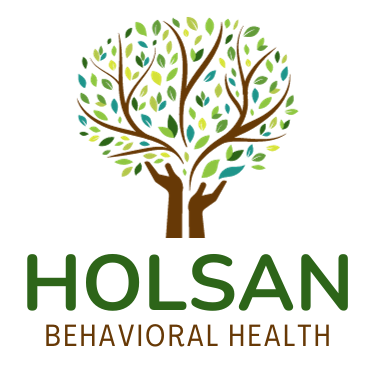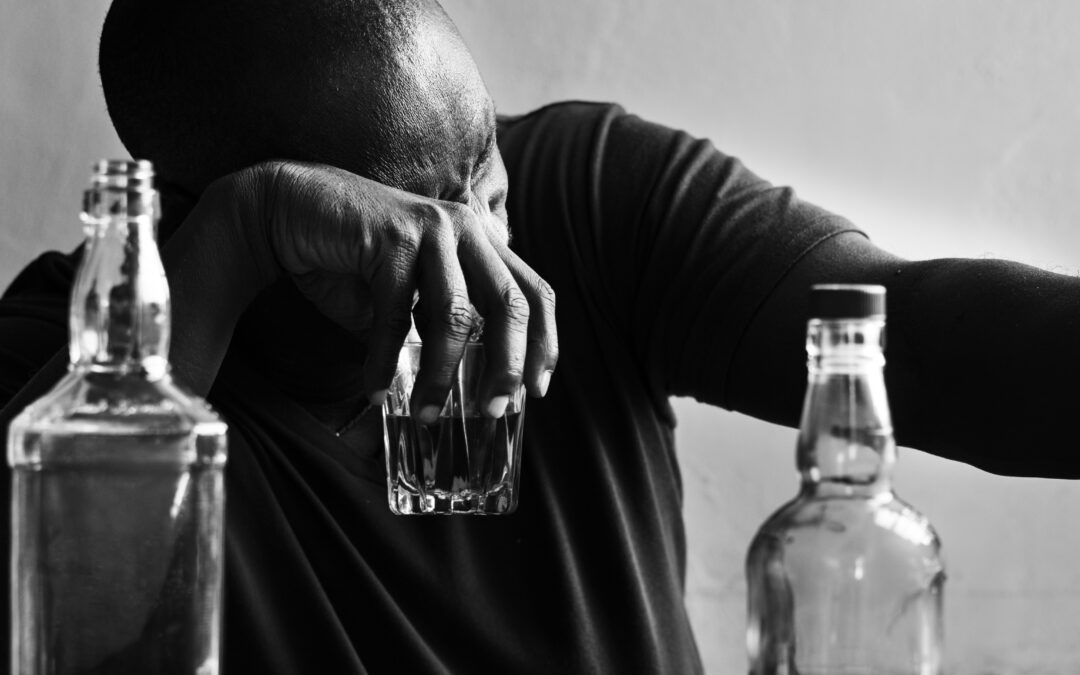Every year on April 7, National Alcohol Screening Day offers a vital opportunity to raise awareness about the effects of alcohol on mental health. While moderate alcohol consumption is socially accepted in many cultures, the line between casual drinking and harmful use is often blurred. Understanding how alcohol affects the brain and mental well-being is essential to preventing long-term emotional, psychological, and physical consequences.
In this blog, we explore seven key insights to help you understand this relationship and what you can do if you or someone you love is struggling.
1. Alcohol Directly Impacts Brain Chemistry
Alcohol is classified as a depressant, which means it slows down the central nervous system. It alters the balance of neurotransmitters such as serotonin, dopamine, and GABA, which are essential for regulating mood, sleep, and cognition. Initially, alcohol may cause feelings of relaxation or euphoria, but over time, it can result in increased depression, anxiety, mood swings, and difficulty concentrating. For people already managing a mental health condition, alcohol often worsens symptoms and disrupts recovery efforts.
2. Many People Use IT to Self-Medicate
One of the most common, yet overlooked, issues is the use of alcohol as a coping tool. Individuals struggling with stress, trauma, depression, or anxiety may turn to alcohol to numb emotional pain or escape difficult thoughts. This behavior is known as self-medication, and while it may provide short-term relief, it often intensifies mental health issues in the long run. The emotional effects, combined with physical dependence, can lead to a dangerous cycle that’s difficult to break without support.
3. Co-Occurring Disorders Are Widespread
It is estimated that nearly 50% of individuals with a substance use disorder also have a mental health condition (SAMHSA, 2023). This is known as a co-occurring disorder or dual diagnosis. For example, someone with untreated PTSD may drink excessively to quiet nightmares or intrusive thoughts. Without integrated treatment, these overlapping conditions can exacerbate each other, leading to poor health outcomes and a reduced quality of life.
That’s why at Holsan Behavioral Health, we take a person-centered approach to care.
4. Alcohol Can Interfere With Mental Health Treatment
Alcohol doesn’t just affect mood — it can also interact negatively with medications such as antidepressants, anti-anxiety prescriptions, and mood stabilizers. This liquid may reduce their effectiveness, increase side effects, or make symptoms harder to manage. Moreover, it can impair decision-making and motivation, making it harder for individuals to attend therapy sessions, set goals, or engage in meaningful recovery work.
5. Early Screening Makes a Difference
Identifying risky drinking behaviors early can prevent long-term damage to mental health and relationships. Screening tools like the CAGE Questionnaire, AUDIT (Alcohol Use Disorders Identification Test), and DAST are simple yet powerful tools used by professionals to assess the severity of alcohol use. These screenings are confidential and non-judgmental, aimed at understanding individual needs and guiding people toward the appropriate support.
6. Environmental & Social Factors Play a Role
Alcohol use is often influenced by stress, trauma, social norms, family history, and peer pressure. For instance, people who experience workplace burnout, grief, or chronic stress may turn to alcohol to unwind. In some communities, heavy drinking is normalized, making it harder to recognize unhealthy habits. Understanding these contributing factors is critical to healing and recovery.
7. Recovery Is a Journey — and It’s Worth It
While this liquid misuse and mental health struggles can feel overwhelming, recovery is always possible. Whether through individual therapy, support groups, mindfulness practices, or lifestyle changes, people can and do heal. It’s important to remember that there is no one-size-fits-all path — each person’s journey is unique.
The first step is often the hardest: reaching out. Whether you’re worried about yourself or someone close to you, know that help is available and you are not alone.
Helpful Resources
If you’re looking for reliable information, support, or screening tools, the following organizations can help:
- SAMHSA – Substance Abuse and Mental Health Services Administration: www.samhsa.gov
- National Institute on Alcohol Abuse and Alcoholism (NIAAA): www.niaaa.nih.gov
- Mental Health America: www.mhanational.org
Final Thoughts
Take a moment to reflect on your relationship with this liquid— and its connection to your mental health. The earlier you recognize the signs, the better your chances of creating meaningful change. If you’re ready to take the first step, we’re here to walk with you.
Holsan Behavioral Health provides professional, compassionate care to support your mental well-being and recovery journey. Contact us today for a screening or consultation — your path to healing starts here.

